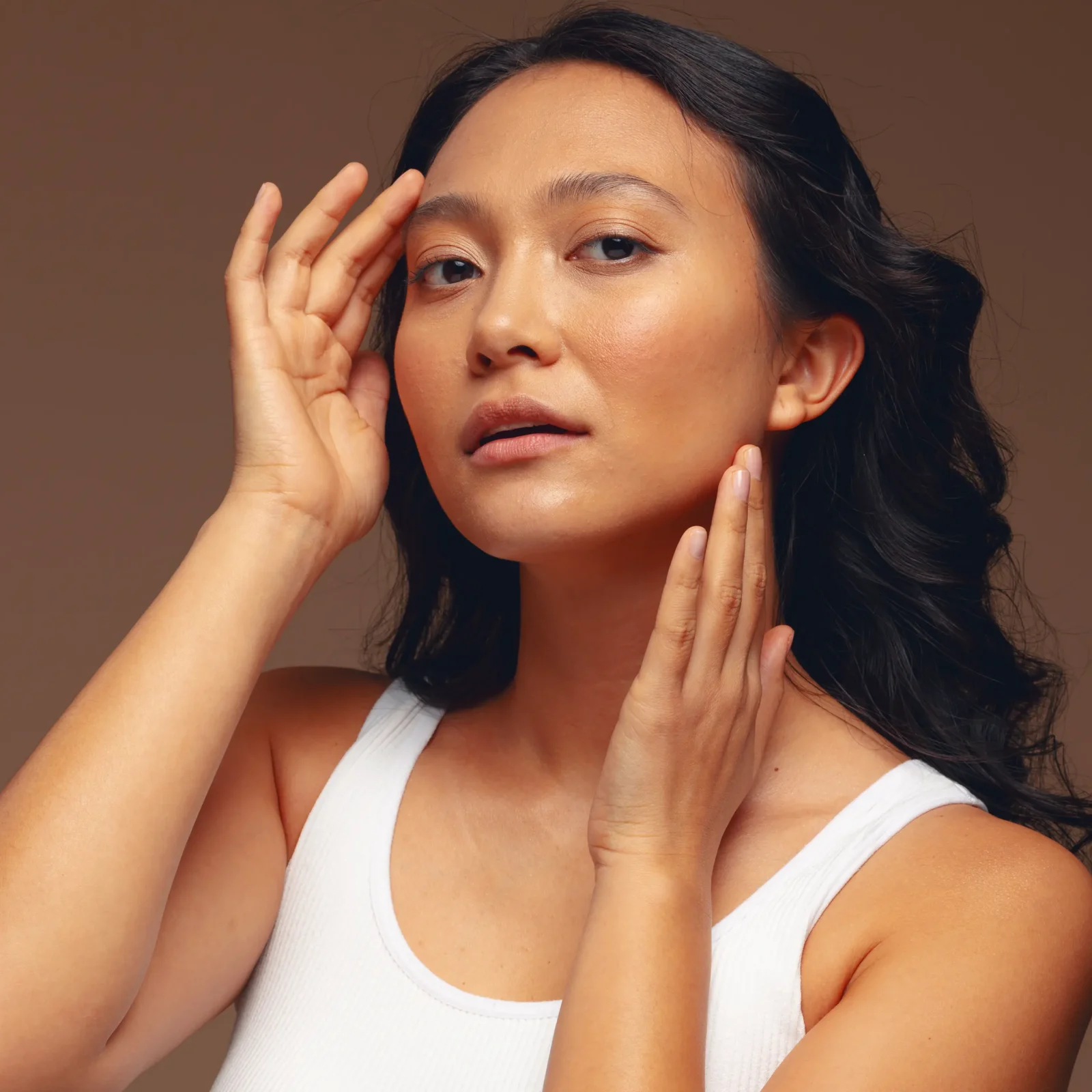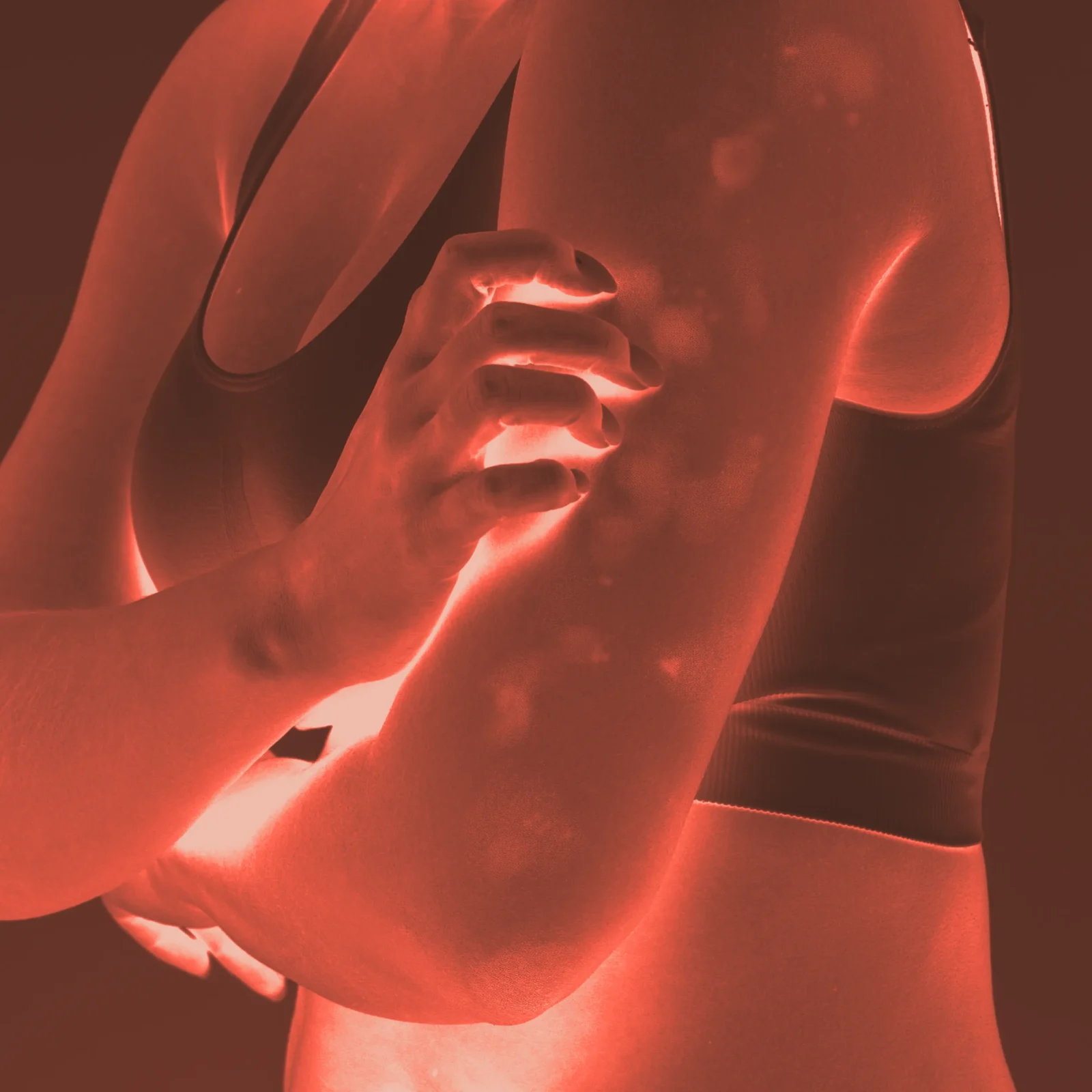Ask Allure: Is Oily Skin More Prone to Acne?
We get to the bottom of those clogged pores, once and for all.
By Lia Cruz and Leira Aquino
You may have heard for years that oily skin equals acne, and guess what? It isn’t just a myth. “Oily skin is more prone to acne,” confirms Jasmin Jamora, MD, board-certified dermatologist and president of the Philippine Dermatological Society. “One of the major causes of acne is oil production, triggered by hormonal changes.” But what exactly does that mean, and more importantly, is there anything you can do about it? Allure Philippines takes a dive deep to tell you why oily skin happens, how it happens, and what you can do to address it.
What causes oily skin?
Your bout with acne may have happened around the same time you went through puberty, or it may still be something you struggle with in adulthood. Either way, excess oil blocks your pores and feeds acne-causing bacteria on your skin, which in turn causes those bumps on your face, otherwise known as acne, blackheads, or whiteheads.
Dr. Jamora sheds some light on what exactly goes down on your epidermis: “Oily skin occurs when oversized oil glands produce excessive amounts of oil or sebum, giving the appearance of shiny and greasy skin.” Dr. Jamora explains further that sebum is actually a mixture of lipids that turn into free fatty acids. “It’s these free fatty acids that clog the hair follicles and cause the formation of acne,” she says.
Like we said, for most people, the battle with acne starts during puberty. The reason for this can be summarized in a single word: hormones. “When we go through puberty, our hormones are activated,” explains Dr. Jamora. “The male hormone—testosterone—and its counterpart in females—progesterone—are what cause stimulation of oil in the oil glands.” This stimulation of oil glands is highest in late puberty, at around the age of 15, up until the age of 35, and then it declines in your 40s.
Aside from rampant oil production, is there anything else that causes oily skin?
Dr. Jamora lists stress, environment, diet, and hormones as other causes of oily skin. “Stress,” Dr. Jamora explains, “can trigger the release of the corticotropin releasing hormone or CRH, which eventually triggers the release of the stress hormone cortisol. CRH is found in oil glands and can activate sebum, leading to stress-induced acne.”
A hot and humid climate may also affect the oiliness of your skin. According to Dr. Jamora, an increased temperature of just one degree can increase the sebum excretion rate by 10 percent, which is why you don’t just feel oilier during the summer or after a long, humid commute—you actually are.
Diet is another factor that can cause oily skin, especially if it’s full of sugar, dairy, fat, carbohydrates, and processed foods. All of this, according to Dr. Jamora, triggers insulin in the body, which can lead to the stimulation of oil glands.
And you know how people also always blame acne on hormones? It’s actually true. Dr. Jamora says an irregular overproduction of hormones, including an excess of the male sex hormone androgen, which is caused by PCOS or polycystic ovarian syndrome, has also been shown to increase sebum or oil production.
So what’s an oily girl to do?
According to Dr. Jamora, you can start by choosing gentle skin care products that are labeled “oil-free” and “non-comedogenic,” so as not to clog your pores. Cleanse your face twice daily with a gentle, foaming face wash. Avoid scrubbing and using harsh soaps or alcohol-based cleansers that can strip the skin’s natural moisture. Your makeup should also be oil-free and water-based. Products labeled “matte” can help reduce shine, and blotting papers can also help absorb oil.
As for treatments that can help reduce the production of oil, Dr. Jamora says, “Some topical treatments that can help are products containing zinc gluconate, derived from zinc, which is known for its ability to regulate skin sebum secretion.” In severe cases of acne, oral medicines like contraceptive pills to balance hormones may be prescribed by your doctor. And as a last resort, Dr. Jamora says that isotretinoin, which she says is the most potent anti-acne drug, may be considered. “However, this needs a discussion of side effects, and supervision by your dermatologist,” she cautions.While dealing with oily skin and acne may sometimes feel like a fight you’ll never win, there’s a bright side to it. Sebum can actually help preserve the skin, and people with oily skin tend to have thicker skin and fewer wrinkles. “The key is to strike a balance between having too much oil and maintaining your skin’s natural moisture,” Dr. Jamora shares. So if in fact, you find yourself suffering now from oily skin and acne, the upside is that in the future, it may actually serve you well as you age. Until then, just make sure you have those blotting papers stashed in your kit.
You might also like
To provide a customized ad experience, we need to know if you are of legal age in your region.
By making a selection, you agree to our Terms & Conditions.








